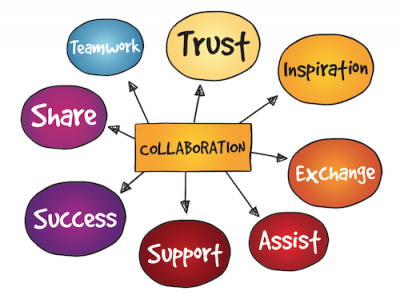The increasing diversity of the U.S. and other nations offers opportunities and challenges for senior care care providers, health care systems, and policy makers to create and deliver services to culturally diverse patients and to train and increasingly culturally diverse workforce. Cultural competence refers to an ability to interact effectively with people of different cultures. Cultural competence comprises four components: (a) awareness of one's own cultural worldview, (b) attitude towards cultural differences, (c) knowledge of different cultural practices and worldviews, and (d) cross-cultural skills. Developing cultural competence through training can result in a better ability to understand, communicate with, and effectively interact with people across cultures and can lead to a 15% decrease in miscommunication. In senior care, this communications training can significantly improve outcomes, especially in caring for those with dementias, chronic illness, pain and at end-of-life.







